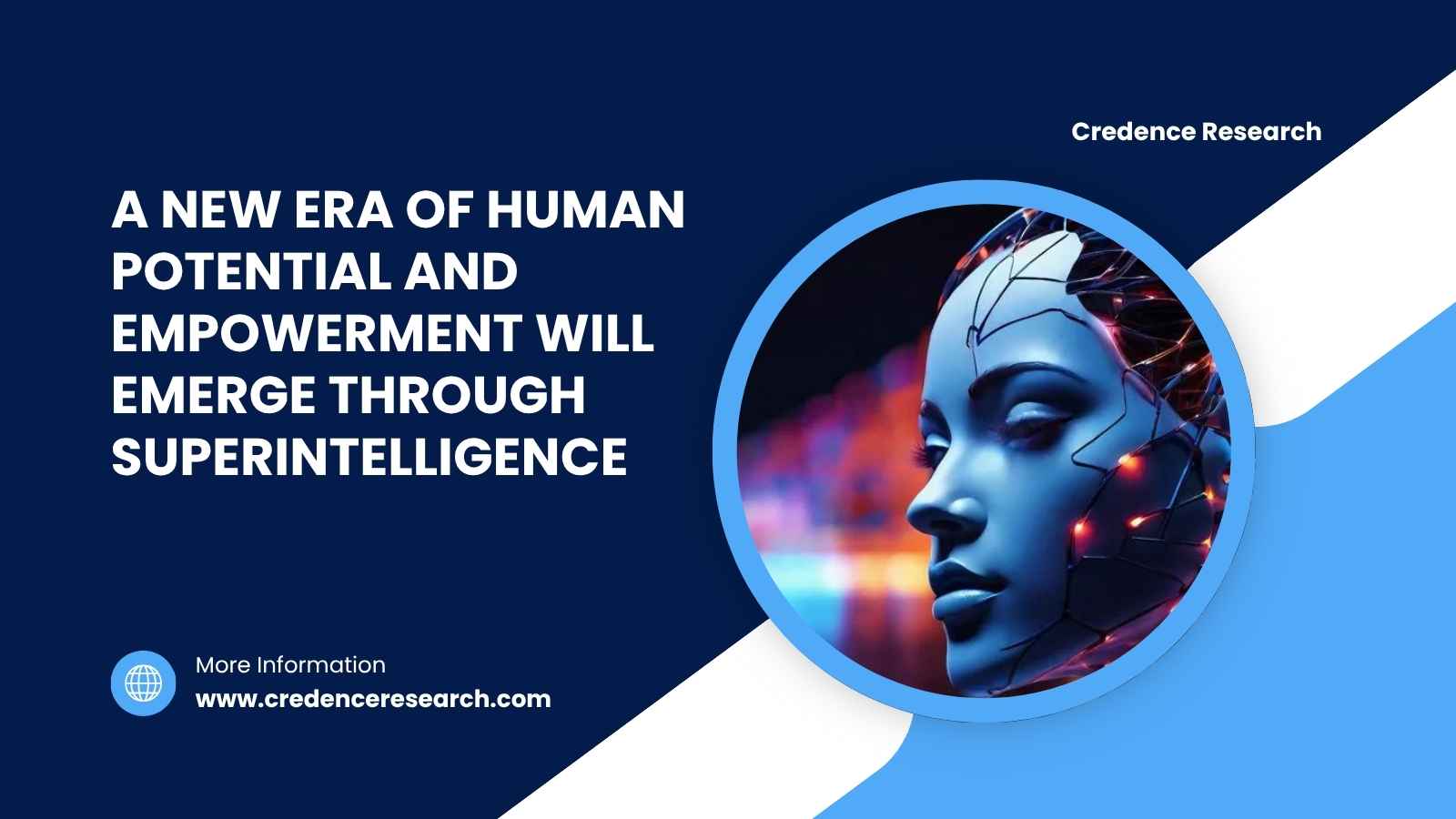1st August 2025, India
A New Era of AI Begins
Meta CEO Mark Zuckerberg shared his visionary plan for “personal superintelligence” a new generation of AI systems that would not seek to replace human intelligence, but augment individual creativity, productivity, and self-determination. Contrasting with mainstream AI strategies that emphasize drastically increasing automation and large-scale task replacement, the Meta approach centers on the user, picturing AI as a long-term companion and intellectual collaborator integrated throughout daily life.
This initiative is a strong strategic turn for Meta, underlining its aspiration to redefine the future of artificial intelligence in a personal empowerment and ethical usage sense. Unlike creating AI systems as centralized decision-making engines or business tools, Zuckerberg’s vision is of intelligent agents that learn user preferences, recognize context, and assist them in realizing both personal and business aspirations.
Meta Superintelligence Labs: Birth of a Vision
Meta in late June stated the creation of Meta Superintelligence Labs (MSL) as a specialized unit that will spearhead the research of next-generation artificial intelligence technologies. Situated at the core of Meta’s future AI plans, MSL unites sophisticated research, scalable infrastructure, and real-world deployment under a single integrated umbrella. The lab is led by Alexandr Wang, ex-CEO of Scale AI, and Nat Friedman, ex-CEO of GitHub two leading personalities renowned for spearheading innovation at the intersection of AI and open-source ecosystems.
MSL’s mission extends beyond experimentation; it is to drive Meta’s move towards personal superintelligence, creating systems that learn from people, adapt to context, and empower users in every domain. Through the combination of advanced machine learning models with high-performance computing platforms and simple-to-use interfaces, the lab plans to reimagine how AI is felt moving away from task-oriented automation towards collaborative intelligence.
This initiative is also closely tied to Meta’s strategic $14.3 billion investment in Scale AI, signaling a deep commitment to building competitive advantage in data infrastructure, Labeling, and model training. Scale AI’s expertise in annotating massive datasets will play a crucial role in training the context-rich, multimodal AI models envisioned by MSL particularly for use in AR/VR environments, smart assistants, and spatial computing platforms.
Billions in Capex to Build the AI Backbone
Meta is allocating between $66–72 billion in capital expenditure (capex) for AI infrastructure in 2025 alone. This includes the construction of vast hyperscale data centers required to support its superintelligence vision. These facilities will serve as the digital backbone for deploying massive AI models that can learn, adapt, and assist users in real-time.
From Tools to Empowerment
Zuckerberg, in a public letter, emphasized that personal superintelligence is about empowerment, not automation. He outlined three major goals:
- AI systems that learn and adapt to each individual user.
- Tools that support creativity, decision-making, and personal goals.
- Smart, contextual assistants that function across wearables like AR glasses, phones, and home devices.
This positions Meta’s approach as fundamentally different from centralized AI models focused on replacing human labor.
Talent, Tech, and Infrastructure: Meta’s Triple Play
In order to enable the grand vision of personal superintelligence, Meta is implementing a bold, multi-faceted recruitment and infrastructure plan that will bring the world’s best minds in AI together and create the physical infrastructure required for scaled AI operations. In the talent space, Meta has made high-profile recruits from leaders like OpenAI, Anthropic, and DeepMind, indicating that it is set to directly compete with the world’s leading AI labs. Reports suggest that nine-figure compensation packages are being offered to secure elite AI researchers, engineers, and systems architects a move indicative of both the competitive landscape and Meta’s commitment to building best-in-class internal capabilities.
At the same time, Meta is developing its hardware ecosystem to enable effortless AI interaction in consumers’ daily lives. That involves growing its line of AI-powered smart glasses, with existing models like Ray-Ban Meta updated and future concepts like the Orion series already in the works. These wearables are envisioned as portals to always-on, environment-aware AI assistants that work seamlessly between spaces. Adding to this on the infrastructure front, Meta is building next-gen mega-scale compute centers, which have been internally referred to as codenames Prometheus and Hyperion. These data centers are capable of processing enormous computational loads and are set to become operational at multi-gigawatt capacity by 2026–2027 to support training and runtime deployment of giant AI systems.
Competitive Landscape & Market Impact
Meta’s new vision has already started to reshape market sentiment:
- Company shares surged by over 11%, adding more than $150 billion to its market value.
- In Q2 alone, Meta spent $17 billion on AI-related infrastructure, with a full-year target approaching $69 billion.
While competitors like OpenAI and Google emphasize automation and centralized models, Meta is promoting a human-first AI philosophy empowering individuals with personal agents rather than replacing them.
Ethics, Trust, and Public Responsibility
Zuckerberg has visibly admitted the deep risks of releasing superintelligent AI systems to open-source, including the prospect of abuse, intrinsic bias, and unforeseen or adverse conduct. He countered by underlining the urgent need for enacting strong ethical guardrails and rigorous safety measures to ensure these technologies are responsibly developed and deployed. Central to Meta’s strategy, he said, is a dedication to open development practices that engage numerous voices from all sectors including ethicists, scientists, policymakers, and civil society to foresee and respond to potential societal effects. In addition, Zuckerberg emphasized ensuring continued open access for independent researchers, allowing third-party auditing, critique, and improvement of AI systems to ensure fairness, accountability, and trust.
What Lies Ahead for Meta and Superintelligence
The next 12–18 months are critical. Meta plans:
- Early deployment of its new compute infrastructure (up to 5 GW).
- Field-testing of self-improving AI agents under real-world conditions.
- Launch of consumer-ready smart devices that will make personal superintelligence more tangible and accessible.
Mark Zuckerberg’s vision for personal superintelligence is a radical reframing of AI’s role in society not as a threat to jobs or autonomy, but as a tool for human enhancement. While other tech giants aim to centralize power through AI, Meta is betting on a more distributed, individually empowering future.
The success of this vision will depend on more than infrastructure and funding. It will require ethical leadership, trust-building with the public, and a genuine commitment to delivering AI that works for everyone not just corporations or developers.










